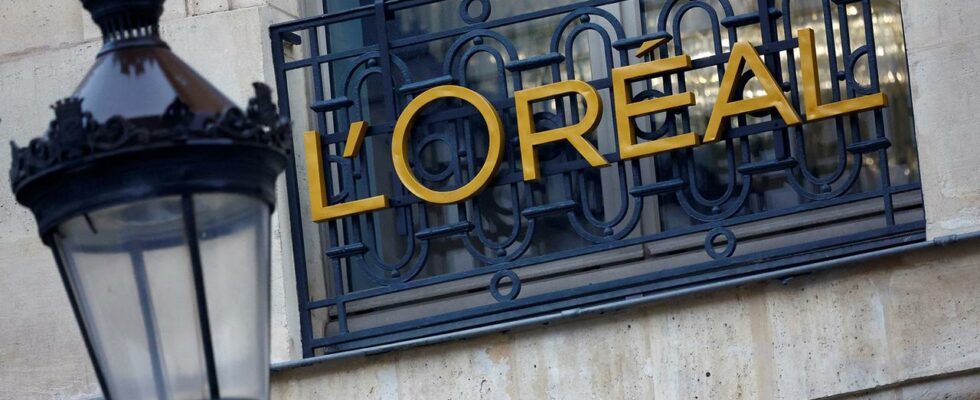Large packaging, but little content: The Federal Court of Justice has ruled that there should be no deceptive packaging in online shops. Specifically, it was a washing gel that was only two-thirds full.
Consumers are annoyed by deceptive packaging. They get a lot of packaging but little content and then feel deceived. This is why such misleading packaging is banned.
Cornelia Tausch from the Baden-Württemberg Consumer Advice Center considers such deceptive packaging to be an absolute nonsense: “On the one hand, deceptive packaging actually deceives consumers about the actual contents and deceives them about what they are buying. On the other hand, deceptive packaging is often unnecessary packaging, it is rubbish – and many consumers want to avoid that.”
Tube only filled in the transparent part
In this specific case, the Baden-Württemberg Consumer Center sued L’Oréal. The cosmetics manufacturer had advertised a men’s wash gel in its online shop. What was shown was an upside-down tube, transparent at the bottom and colored at the top. However, the tube was only filled in the lower, transparent part. The upper, colored part was empty. The buyer could not see that the packaging was only two-thirds full.
L’ Oréal argued that when buying online, the buyer looks primarily at the quantity and less at the packaging size. The Federal Court of Justice (BGH) disagreed with this. It agreed with the consumer advocates. The tube of washing gel was an illegal deceptive packaging, says Thomas Koch, presiding judge of the first civil senate of the BGH: “We have also decided that the offer of such a deceptive packaging is anti-competitive regardless of whether it is made in a store or in an online shop.”
Misleading packaging now banned everywhere
The BGH ruling is a great success for the consumer center. It has now been finally clarified that deceptive packaging is prohibited even if it is advertised on the Internet or in brochures. The general rule now is: if the packaging is not proportionate to the contents and there are no technical reasons for this, then it is prohibited consumer deception.
Consumer advocate Tausch is satisfied: “This should send a signal to all manufacturers to use packaging sparingly.” L’Oreal, however, reacted calmly. A company spokesperson explained after the announcement that they respected the ruling, but had not sold the packaging in question in this form for two years.

